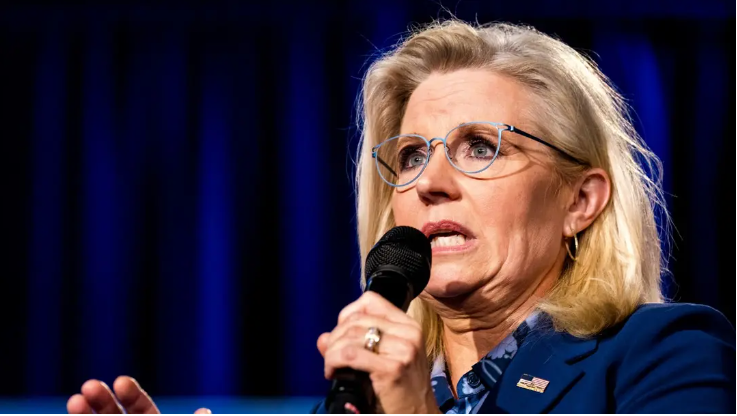Japan: PM Fumio Kishida to Resign in September
On Wednesday, Japanese Prime Minister Fumio Kishida announced that he would step down and not seek re-election as the leader of the ruling Liberal Democratic Party (LDP) next month. The head of the party with the most seats in parliament is the head of government in Japan....
0:00
/1861
Facts
- On Wednesday, Japanese Prime Minister Fumio Kishida announced that he would step down and not seek re-election as the leader of the ruling Liberal Democratic Party (LDP) next month. The head of the party with the most seats in parliament is the head of government in Japan.[1][2]
- At a press conference in Tokyo, Kishida said he made this 'heavy decision' to allow the public to have 'transparent and open elections' and to show that 'the LDP has changed.'[3][4]
- Elected LDP's president in 2021 for a three-year term, Kishida cited the party's political funding scandal as one of the reasons for stepping down, adding he was 'taking responsibility' for what happened.[5][6]
- The approval rating for Kishida's cabinet plunged to the 20% range in July, down from the 60% range when he took office in October 2021. However, Kishida said he will continue to serve as a 'rank-and-file' LDP lawmaker.[7][5]
- Kishida's announcement comes three months after he vowed not to step aside following his party's defeat in by-elections, pledging to push anti-corruption measures and political reforms.[8][9]
- Though it's unclear who will replace Kishida, his potential successors include his rival and party Secretary-General Toshimitsu Motegi, Foreign Minister Yoko Kamikawa, and Digital Minister Taro Kono, while Defense Minister Shigeru Ishiba has outlined his ambition for the position.[10][4]
Sources: [1]Guardian, [2]Al Jazeera, [3]The Japan Times, [4]Reuters, [5]Nikkei Asia, [6]XINHUA, [7]Kyodo News+, [8]Associated Press, [9]elections – The Diplomat and [10]Washington Post.
Narratives
- Narrative A, as provided by The Times of India. Kishida had been a dead man walking for quite some time. Slush fund scandals, a sliding yen, rising living costs, the LDP's ties to the scandal-hit Unification Church, unexpected recession, and ballooning debt levels have all fueled mistrust in his leadership. The LDP may deflect rising criticism to maintain its grip on power, but regardless of who its leader is, the party's nature will remain the same — the public must not fall for it.
- Narrative B, as provided by The Star. Kishida's decision is regrettable. He pushed through Japan's biggest wage increases in decades, led Japan out of COVID with massive stimulus spending, revised a law to establish a support fund for children to fix the country's low birth rate, and propelled the Nikkei stock average to reach its highest level in nearly 34 years. Despite his departure, his three-year achievements — a testament to his dedication and service to the nation — will remain.
- Narrative C, as provided by Bloomberg. With unfavorable circumstances around him, Kishida probably had no choice but to step down and resurrect the party as well as the world's fourth-largest economy. However, the issues that troubled him haven't gone away with him. It will be very difficult to revive support for the LDP, and even if the LDP wins the next general election, the new prime minister may be hard-pressed to meet the nation's concerns without alienating a disgruntled electorate.
- Narrative D, as provided by New York Times. In a moment of pronounced geopolitical uncertainty, Kishida's resignation could have significant implications for Japan's security and defense strategies. His leadership saw Tokyo embark on its most significant military buildup since WWII, deterring China from its aggressive territorial ambitions. He also mended ties with South Korea and built a network of security alliances across the Indo-Pacific region. It remains to be seen whether the new administration will continue this trend.







